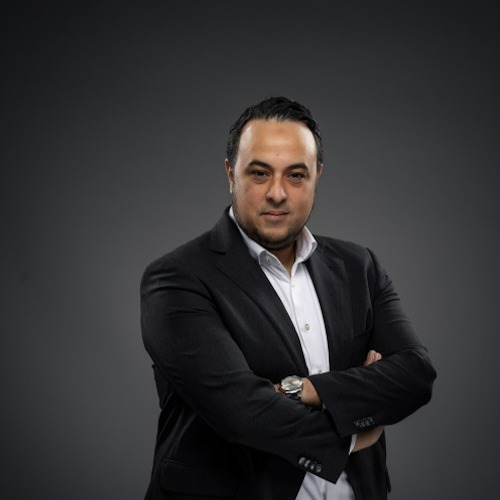- 14 nov
- 18.20 - 19.00 uur
- NOW & WOW A
How to Write, Choose, and Use a Textbook
Textbooks are extremely useful for students, teachers, parents, and tutors. However, these instruments are not always praised and cared for as they should. In the 1970s and 1980s, a postmodern wave of criticism tried to discredit textbooks as pernicious ways of preventing teachers’ autonomy and hindering student critical abilities. However, when wisely conceived and well used, textbooks are very useful instruments for imparting knowledge, developing deep understanding of concepts, and preparing students for active learning and active participation in the society. Modern cognitive sciences have developed principles that should be used in textbook writing, textbook choice, and textbook use. Cognitive sciences can also help students on the best way to study from a textbook.

- Basisvaardigheden, Rekenen-wiskunde, Taal
- po
Voorkeuren
14 nov | Ronde 5
How to Write, Choose, and Use a Textbook
- 14 nov
- 18.20 - 19.00 uur
- NOW & WOW A
Textbooks are extremely useful for students, teachers, parents, and tutors. However, these instruments are not always praised and cared for as they should. In the 1970s and 1980s, a postmodern wave of criticism tried to discredit textbooks as pernicious ways of preventing teachers’ autonomy and hindering student critical abilities. However, when wisely conceived and well used, textbooks are very useful instruments for imparting knowledge, developing deep understanding of concepts, and preparing students for active learning and active participation in the society. Modern cognitive sciences have developed principles that should be used in textbook writing, textbook choice, and textbook use. Cognitive sciences can also help students on the best way to study from a textbook.

- Basisvaardigheden, Rekenen-wiskunde, Taal
- po
Voorkeuren
14 nov | Ronde 5
Over de spreker

Nuno Crato, GCIH, GCIP, Iniciativa Educação President and research professor, Cemapre/ISEG, University of Lisbon. Researcher, writer, and essayist. His books include Improving a Country’s Education: PISA 2018 Results in 10 Countries (Springer 2021), his co-organized Improving National Education Systems After COVID-19: Moving Forward After PIRLS 2021 and PISA 2022 (Springer 2024), and Apología del Libro de Texto (NARCEA, Madrid 2024). At the end of his tenure as Education Minister of Portugal (2011-15), students achieved the best results ever in international surveys such as PISA and TIMSS.
Member of the Education Scientific Council of France and other science and education organizations.
Meer Onderwijsconferentie Rotterdam 2024 sessies
- Keynote
- 15 nov
- 10.00 - 10.40

- De weg naar inclusief onderwijs
- po, sbo, so, vso
- 14 nov
- 18.20 - 19.00
- 14 nov
- 16.05 - 16.45

- De weg naar inclusief onderwijs
- po, sbo, so, vso


